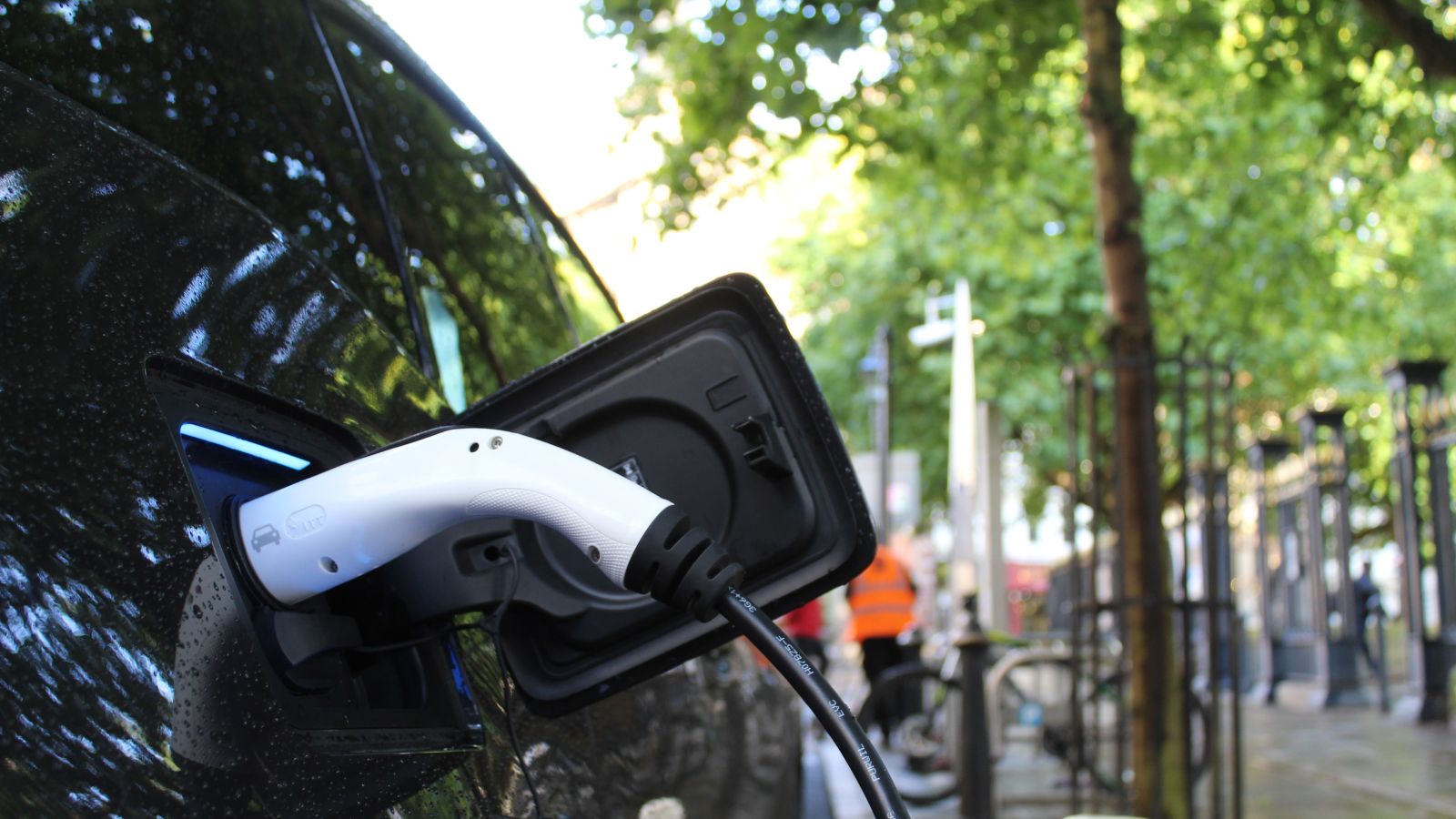Rebates and tax credits can make it more affordable to buy an electric vehicle.
But Debra Gore-Mann of the Greenlining Institute says these incentives often favor higher-income people.
For example, with many rebates, you have to front the money that will later be refunded.
“So that actually is really conducive to more wealthier people,” she says. “You can float the money, so it’s not such a big deal for you. You can wait for it to come in the mail.”
In a recent report, her group identified ways to make electric vehicle incentives more equitable — for example, by offering instant rebates redeemed at the time of sale and larger incentives for lower-income people.
“And that’s the point of equity, right?” Gore-Mann says. “Equity isn’t ‘We all get $100.’ Equity is ‘Those who need $150 get that because of where they’re situated in their community, and those who need $25 get $25.’”
She says the new Inflation Reduction Act includes federal tax credits that are intended to improve equity.
For example, tax incentives will now apply to pre-owned vehicles, which low-income people are more likely to buy.
But Gore-Mann says many states still have a lot of work to do to ensure that electric vehicle incentives benefit those who need the savings most.
Reporting credit: Sarah Kennedy/ChavoBart Digital Media
Source link


